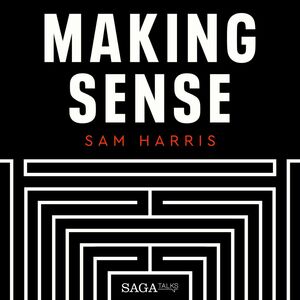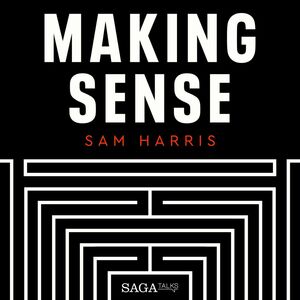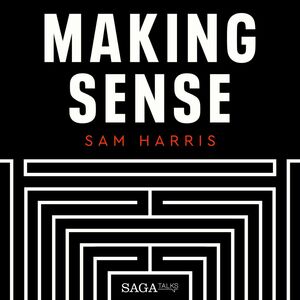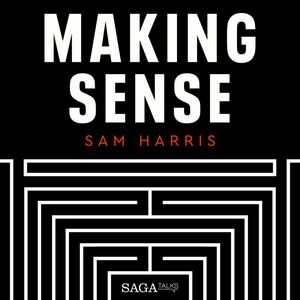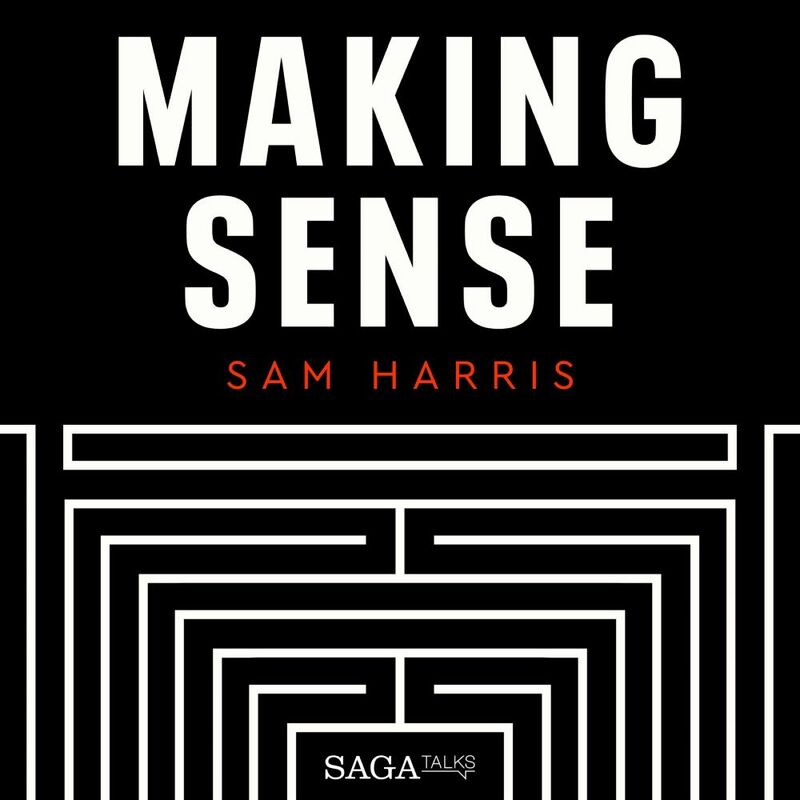

In this episode of the podcast, Sam Harris speaks with Laurie Santos about the scientific study of happiness. They discuss people’s expectations about happiness, the experiencing self vs the remembered self, framing effects, the importance of social connections, the effect of focusing on the happiness of others, introversion and extroversion, the influence of technology on social life, our relationship to time, the connection between happiness and ethics, hedonic adaptation, the power of mindfulness, resilience, the often illusory significance of reaching goals, and other topics.
Laurie Santos is an Associate Professor in the Department of Psychology at Yale University. She hosts the popular podcast The Happiness Lab and she teaches the most popular course offered at Yale to date, titled The Science of Well-Being. Laurie is also the director of the Comparative Cognition Laboratory and the Canine Cognition Center at Yale. She received her A.B. in Psychology and Biology from Harvard University in 1997 and her Ph.D. in Psychology from Harvard in 2003.
Join neuroscientist, philosopher, and best-selling author Sam Harris as he explores important and controversial questions about the human mind, society, and current events.
Sam Harris is the author of five New York Times bestsellers. His books include The End of Faith, Letter to a Christian Nation, The Moral Landscape, Free Will, Lying, Waking Up, and Islam and the Future of Tolerance (with Maajid Nawaz). The End of Faith won the 2005 PEN Award for Nonfiction. His writing and public lectures cover a wide range of topics—neuroscience, moral philosophy, religion, meditation practice, human violence, rationality—but generally focus on how a growing understanding of ourselves and the world is changing our sense of how we should live.
Harris's work has been published in more than 20 languages and has been discussed in The New York Times, Time, Scientific American, Nature, Newsweek, Rolling Stone, and many other journals. He has written for The New York Times, The Los Angeles Times, The Economist, The Times (London), The Boston Globe, The Atlantic, The Annals of Neurology, and elsewhere.
Sam Harris received a degree in philosophy from Stanford University and a Ph.D. in neuroscience from UCLA.Book details
-
Publisher
-
Language
English -
Publication date
-
Read by
-
Theme
-
Series


